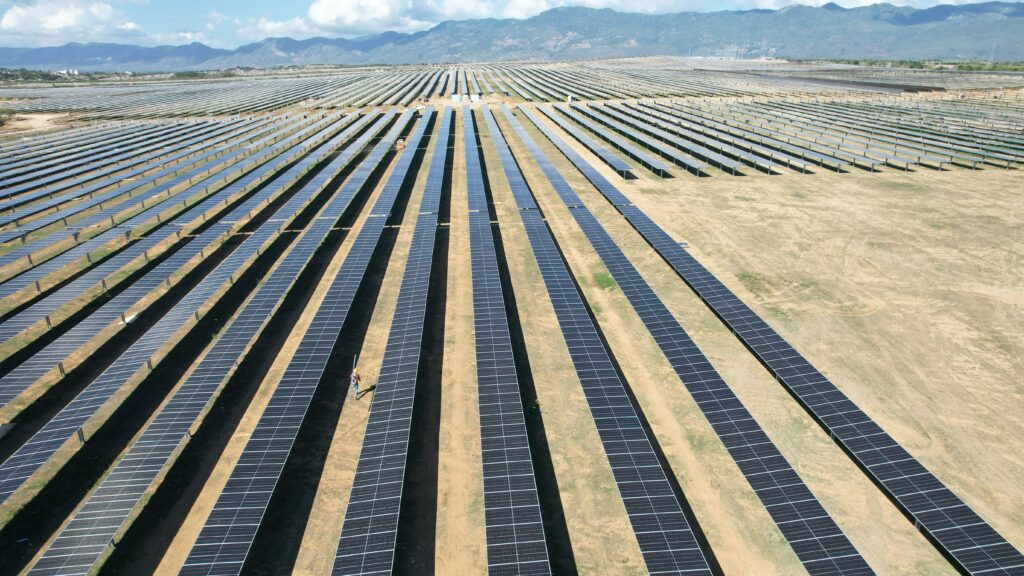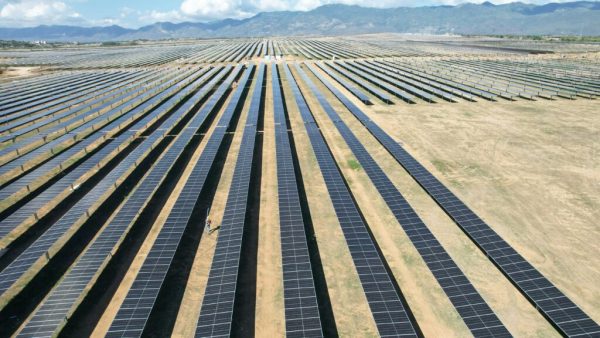In the past couple of decades, the world has become increasingly concerned about the effects that human industrial activity is having on the environment. As a result, several technologies have been developed to reverse or mitigate those effects. Many businesses have also arisen to supply these solutions to entities that need them. Slowly but surely, entrepreneurs in Nigeria are also starting to see CleanTech opportunities that they could take advantage of for profit.
Read more about Opportunities
Here, we’ll talk about 5 such opportunities available to businesspeople in Nigeria who want to set up ventures in the CleanTech space. Here they are:
Renewable Energy Solutions
Nigeria faces considerable challenges in energy access, with a significant portion of the population lacking reliable electricity. Renewable energy presents an opportunity for entrepreneurs. Key areas include:
- Solar Energy: With abundant sunlight year-round, solar power systems—such as solar home systems and solar farms—may provide electricity to off-grid communities. Entrepreneurs can explore solar panel installation, maintenance, and the development of solar-powered appliances.
- Wind Energy: Although still in its infancy, wind energy has potential in certain regions. Entrepreneurs can investigate wind farm development, turbine manufacturing, and maintenance services.
- Biogas: Organic waste could be converted into biogas and serve as a sustainable energy source for rural areas. A CleanTech company could establish biogas plants that utilize agricultural waste and provide energy to local communities.
Waste Management and Recycling
The growing urban population in Nigeria has led to increased waste generation. CleanTech businesses can tap into waste management and recycling as lucrative opportunities:
- Recycling Initiatives: Starting businesses focused on collecting, sorting, and processing recyclable materials can help reduce waste and generate income. Plastic recycling, in particular, has seen increasing interest due to the high volume of plastic waste.
- Waste-to-Energy Projects: Innovating technologies that convert waste into energy may address both waste management issues and energy shortages. This includes exploring anaerobic digestion and incineration technologies.
- Upcycling Ventures: Recycling plants can create products from discarded materials, contributing to a circular economy. This could involve furniture-making from reclaimed wood or fashion lines utilizing recycled fabrics.
Sustainable Agriculture
Agriculture is a cornerstone of Nigeria’s economy, and integrating CleanTech into this sector will lead to increased productivity and sustainability. This may be done in one of these ways:
Sign up for the Connect Nigeria daily newsletter
- Organic Farming: Entrepreneurs can promote organic farming practices that reduce chemical usage and enhance soil health. This supports sustainability and meets the growing demand for organic produce.
- Agri-Tech Solutions: Innovative technologies such as precision farming, vertical farming, and hydroponics can help optimize resource use and increase yields. Startups seeking CleanTech opportunities can develop apps or platforms that assist farmers in managing crops efficiently.
- Irrigation Technologies: Sustainable irrigation solutions, such as drip irrigation systems, can conserve water and improve crop yields, particularly in arid regions.
Water Purification and Management
Access to clean water remains a pressing issue in Nigeria. However, this challenge presents innovative founders with a chance to profit from solving a huge challenge. Here are a few ways they could do that:
- Water Purification Technologies: Developing affordable water purification systems can provide safe drinking water to underserved communities. Solutions like solar water purifiers or low-cost filtration systems are in high demand.
- Rainwater Harvesting: Creating systems for rainwater harvesting can help communities manage water resources sustainably. Entrepreneurs can design and install these systems in both urban and rural areas.
- Wastewater Treatment: Establishing businesses that focus on treating and reusing wastewater can contribute to water conservation and improve sanitation.
Green Building Technologies
The construction sector in Nigeria is expanding rapidly. But with this quick growth comes the peril of environmental necessities being neglected. Nevertheless, there’s always a significant opportunity for sustainable building practices:
- Energy-Efficient Materials: Entrepreneurs can develop or distribute energy-efficient building materials, such as insulated panels or eco-friendly concrete.
- Green Architecture: Offering consultancy services in sustainable design can attract developers looking to incorporate eco-friendly features in their projects.
- Smart Building Technologies: Integrating smart technologies that monitor and optimize energy use in buildings can lead to significant savings and sustainability.
Register to attend the CN Business Mixer
Final Words
Nigerian entrepreneurs who want to venture into CleanTech are spoilt for choice. There’s so much to do in that space, and still, it has an inadequate number of players. If you would like to start a business in the burgeoning industry, you’ll find our list of CleanTech opportunities useful.
Featured Image Source: Lights on Women
Got a suggestion? Contact us: [email protected]


